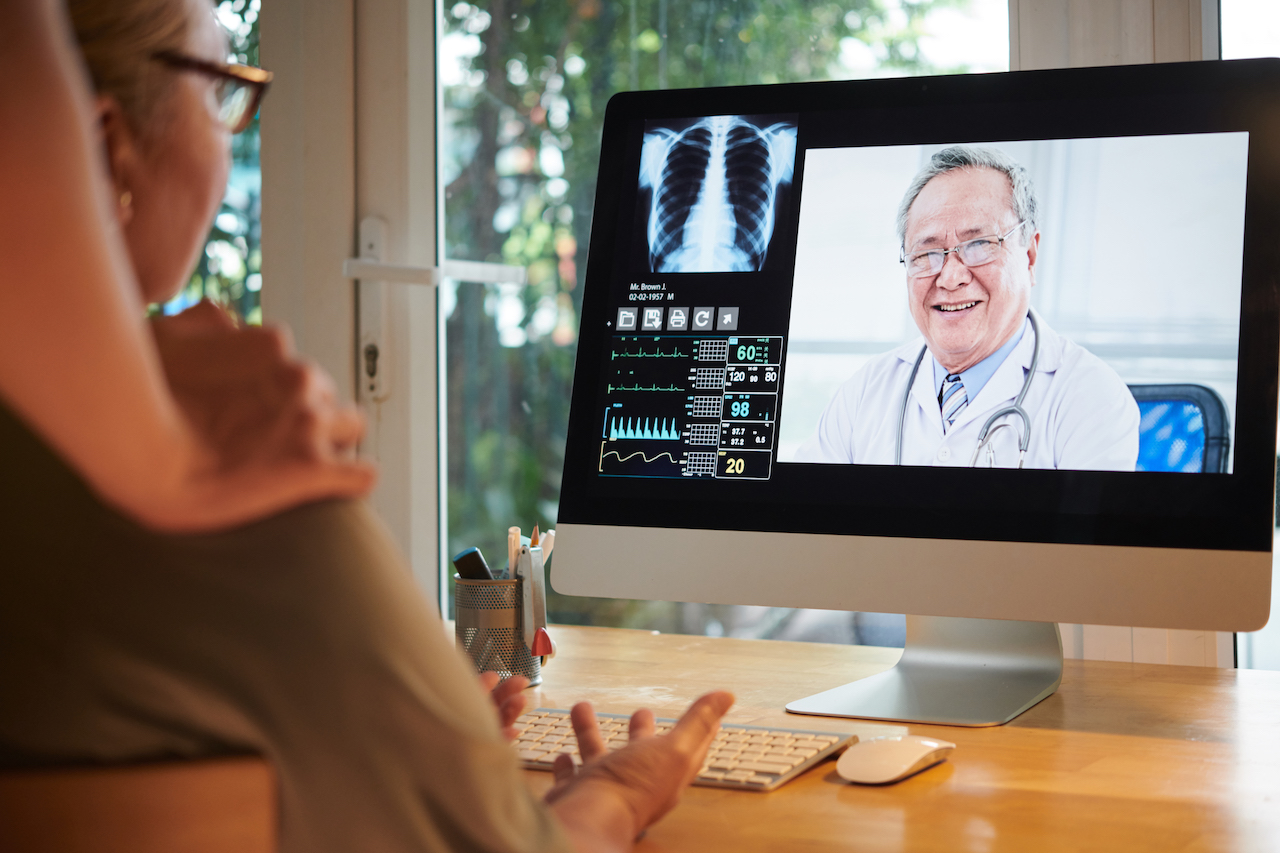Enhancing Medical Tourism truly needs technology
Traveling to another country for medical care is referred to as medical tourism or health tourism. The development and growth of medical tourism have been significantly influenced by technology in recent years. Here are a few examples of how technology is altering the medical tourism sector
1. Online platforms: Thanks to technology, it is now simpler for patients to look up and compare available medical treatments in various nations. Patients can find details on hospitals, clinics, and physicians in other nations as well as pricing estimates and patient ratings on websites like Medigo, Treatment Abroad, and ArokaGO. Patients will find it simpler to identify the greatest fit for their requirements and budget and make informed decisions about their medical treatment as a result.
2. Telemedicine: Using technology to deliver healthcare remotely, or telemedicine, is a growingly well-liked option for medical tourists. In order to save time and money, telemedicine enables patients to consult with doctors and other healthcare providers from the convenience of their homes. This eliminates the need for patients to travel for in-person consultations. Patients who are considering medical tourism but are unsure of where to begin may find this very helpful.

3. Mobile applications: A variety of mobile applications have been created with medical tourists in mind. These apps include resources for scheduling appointments and corresponding with healthcare professionals, as well as details about hospitals, physicians, and therapies in various nations. Some apps even provide translation services to assist patients in speaking with medical professionals abroad.
4. Virtual reality: To provide patients a virtual tour of hospitals and clinics, virtual reality (VR) technology is being employed in the medical tourism sector. Before deciding where to undergo treatment, patients can use this to gain a sense of the facilities and services that are offered. In order to assist patients see their treatments and procedures and make educated decisions regarding their care, VR technology is also being deployed.
In general, technology is significantly contributing to the expansion and development of the medical tourism sector. It is making it simpler for people to do their own home-based treatment choices research and comparison, consultation with medical specialists, and appointment scheduling.
References:
A Discussion of Virtual Reality as a New Tool for Training Healthcare Professionals. Perspective article: Public Health Education and Promotion. Available at: https://doi.org/10.3389/fpubh.2018.00044. Accessed December 20, 2022.
Craig, J. and Petterson, V., ‘Introduction to the Practice of Telemedicine’, Journal of Telemedicine and Telecare, vol. 11 no. 1, 2005, pp. 3-9.
Jiang X., Xie, H., Tang, R., Du, Y., Li, T., Gao, J.,Xu, X., Jiang, S., Zhao, T., Zhao, W., Sun, X., Hu, G., Wu, D. and Xie, G., ‘Characteristics of Online Health Care Services From China’s Largest Online Medical Platform: Cross-sectional Survey Study’, Journal of Medical Internet Research, Vol. 23 no.4, 2021.
Rangsit University, Thailand
Share this article
More Articles
Discover more insights on health care and medical tourism.

The Importance of Vitamin K in Osteoporosis
Osteoporosis is a major public health problem, comparable to diabetes, hypertension, and hyperlipidemia. It has long posed a serious threat to the health and quality of life of the Thai population, particularly older adults. Most elderly individuals with osteoporosis experience no warning symptoms or early signs, resulting in delayed diagnosis and lack of early treatment. Consequently, these individuals are at high risk of fragility fractures at various sites, including the wrist, spine, hip, and upper arm.

Tennis Elbow: Elbow Pain That Doesn’t Affect Only Athletes
Tennis Elbow, medically known as Lateral Epicondylitis, is an inflammatory condition of the tendons on the outer side of the elbow. It is caused by repetitive use of the arm, wrist, or elbow over a prolonged period, such as typing on a computer, using a smartphone, lifting heavy objects, or even doing routine household chores.

List of Private Hospitals in Thailand
Thailand is widely recognised as one of Asia’s leading destinations for private healthcare, offering international-standard medical services, advanced technology, and highly experienced physicians. Private hospitals in Thailand serve both local residents and international patients, particularly in areas such as complex surgery, health check-ups, wellness, and medical tourism.